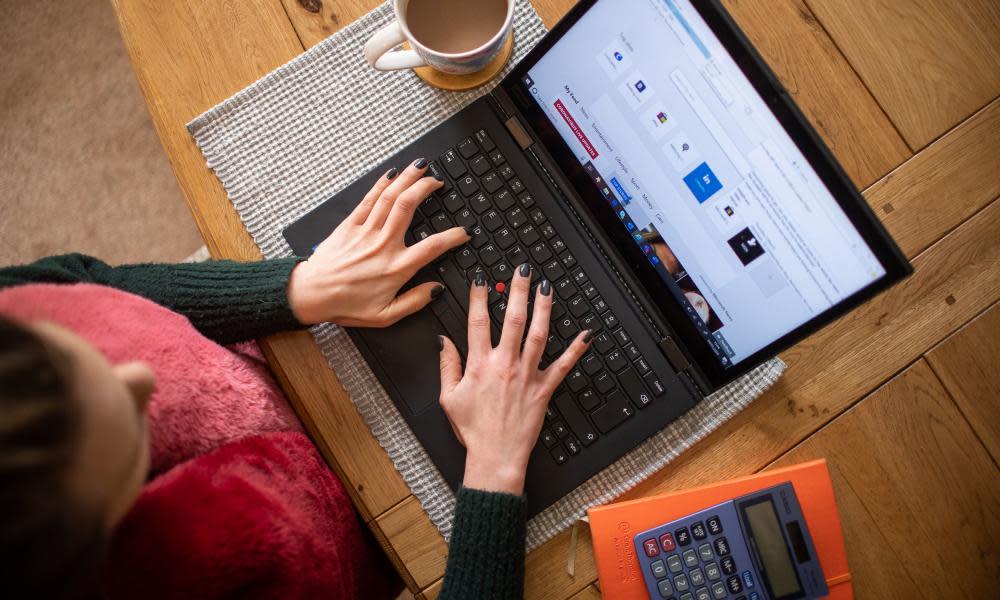UK risks ‘turning clock back’ on gender equality in pandemic

The government risks “turning the clock back” on gender equality by overlooking the labour market and caring inequalities faced by women during the pandemic, a report published by the women and equalities committee warns.
The select committee has issued 20 recommendations for the government to tackle inequality, including maintaining the £20 increase to universal credit.
The committee chair, Caroline Nokes, said that while the government’s support packages had “provided a vital safety net for millions of people”, the pandemic has made existing inequalities worse for pregnant women, new mothers, the self-employed, women claiming benefits and those working in the professional childcare sector.
“This passive approach to gender equality is not enough and for many women it has made existing equality problems worse,” she said. “And it risks doing the same in its plans for the economic recovery.”
The report recommends that the government review childcare provisions to support jobseekers and those retraining; review statutory sick pay eligibility, as women are overrepresented among those who are ineligible; reinstate gender pay gap reporting; and extend redundancy protection to pregnant women and new mothers.
The committee said the government should assess the equality impact of every policy, including the furlough and self-employed income support schemes.
The government should also assess the equality impact of its industrial strategy and other plans for economic recovery, with the committee finding that the priorities for recovery are “skewed towards male-dominated sectors”, such as “shovel ready” infrastructure projects.
In compiling its report, the committee heard evidence from organisations including the TUC, Maternity Action and the National Hair & Beauty Federation.
The TUC general secretary, Frances O’Grady, said the pandemic has “set back women’s equality”.
According to a TUC survey published in January, more than seven in 10 women who applied for furlough after the latest school closures had their requests turned down. Nine in 10 had experienced higher levels of anxiety and stress levels during the latest lockdown.
O’Grady said: “Women have been put in an impossible situation during the pandemic – often expected to work and look after children at the same time.
“If ministers don’t act, women will be pushed out of the labour market. And that means women’s and children’s poverty will soar.”
Victoria Benson, the CEO of Gingerbread, a charity for single parents, said she welcomed and supported the report’s findings.
She said 90% of the UK’s 2 million single parents were women and they had “consistently been left behind” during the pandemic.
She said: “We have heard from many that they have reached the point where they’ve used all the paid and unpaid leave they can and so have no choice but to leave their jobs.
“If this continues, single parents will be shut out of the labour market. This will have a devastating impact on families and push many more into poverty. The government must not leave single parents and their children out in the cold.”
A government spokesperson said: “Throughout the pandemic this government has done whatever it takes to protect lives and livelihoods, and will continue to do so. We are safeguarding people’s jobs and incomes with economic schemes worth over £200bn, including the self-employment income scheme for the 1.7 million self-employed women in the UK.
“Covid-19 is prompting a culture shift with more people than ever before working flexibly, and the government wants to harness that as we recover. By doing so, we could see more equal sharing of care work by parents, and more flexibility from employers, enabling us to unleash the potential of everyone across the country.”


